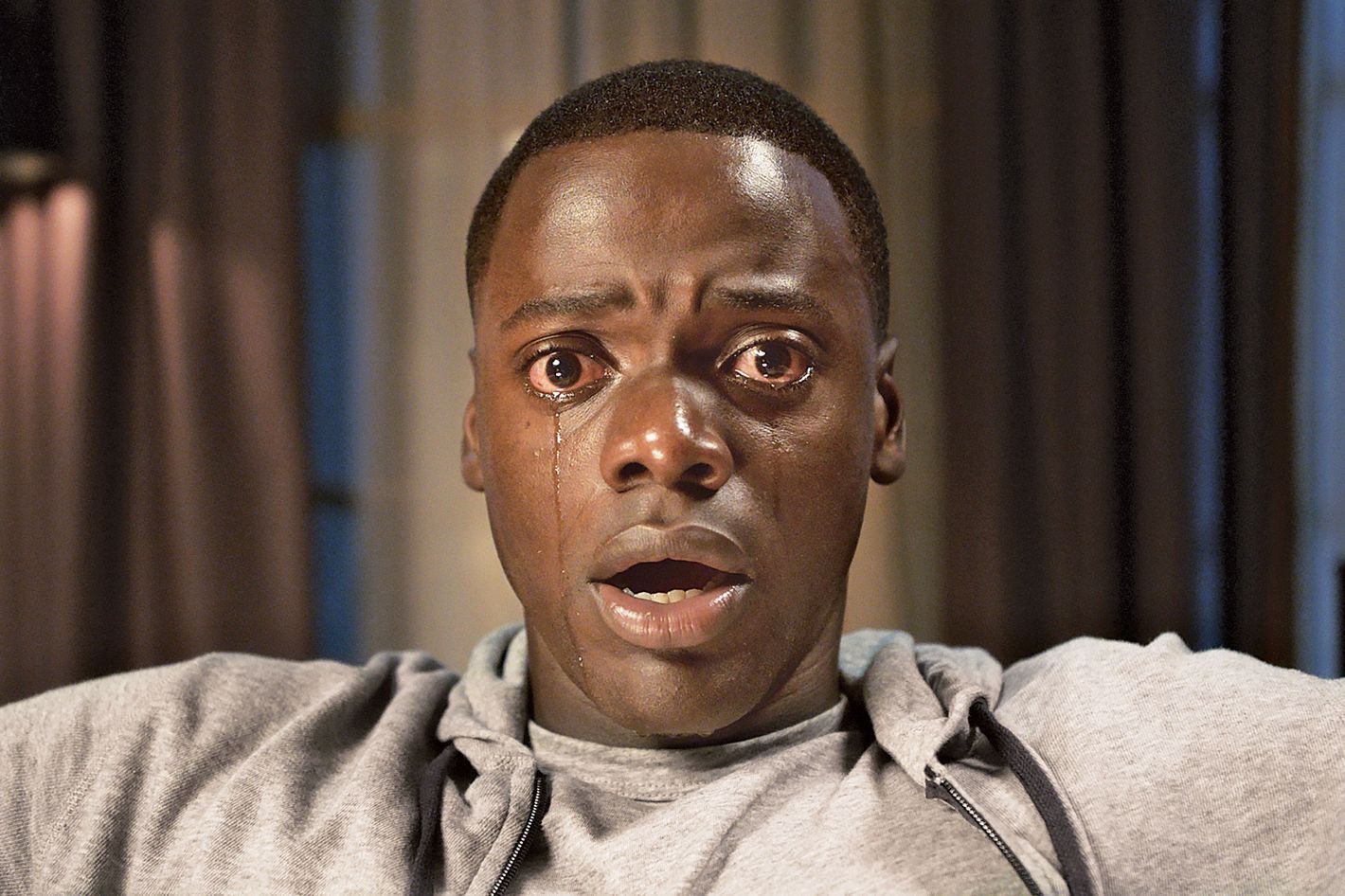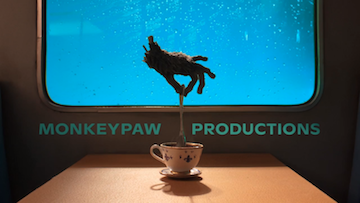I recently went through Jordan Peele’s catalog with some friends of mine. They had all seen Nope, as had I, so we started from his critically acclaimed debut feature, Get Out (2017). We all really enjoyed it, I thought the plot, the acting, and the beautifully meticulous details were all amazing and so well thought out. The next film was 2019’s Us. Lupita Nyong’o is an absolute powerhouse and stars in this film alongside a talented supporting cast. Her performance is really strong in this film. Us left my friends and I with more open questions than Peele’s debut film. I think that is because the plot and themes themselves were more open to interpretation and tackling more issues than Get Out. Get Out did still leave me with a lot to think about afterwards, but the details of the story and plot were more definitive and precise. I did not find Us as scary as other reviews had promised, but I don’t mind being able to sleep soundly after watching a horror movie.


After watching his films, I started to wonder about Peele’s production company that appears during the title sequence of his films, “Monkeypaw Productions.” Upon research I learned that the title, Monkeypaw, comes from a horror short story by W.W Jacobs called The Monkey’s Paw. It is a story about the classic “three wishes” granted by a magical object trope, a monkey’s cursed paw, but in this story, each wish comes with a terrifying subversion of what is asked for. If you want to read the story (it’s about 9 pages) or a summary, I have linked both below. I highly recommend reading either if you have the time.

Peele did not just pick this story because he thought it was cool and liked the name; he was inspired by the lesson that this story teaches and how it related to his early career. What Peele felt during his earlier career as an actor and comedian on the sketch comedy show MADtv is that while he was successful, he wasn’t doing what he felt really represented him. He was stuck in a reality of telling jokes that he didn’t find funny on national television, doing work that he wasn’t excited about. He talks about how this related him to Jacob’s story in a podcast interview with Dax Shepherd
“So it’s that notion that once I got what I thought I wanted in ‘MADtv,’ it birthed this whole other world of nightmare that I didn’t know was possible. This idea of, like, being up on television telling a joke you didn’t believe in. Yeah, so it was just a kind of primal chord that story struck with me. A notion that helped me understand that sometimes it is about how you look at things. You can find fortune, and you can find good fortune where there is bad things as well.”
He sees the moral of Jacob’s story, to be careful of what you wish for, interpreting from it that fortune comes with a price. He uses this lesson as the positive driving force behind his production company, to not just go after success, but find your own version of it. Peele chose to use his early success to create opportunities for other creatives who have been overlooked in the industry due to the prejudices of the controlling major companies he was once under. To fund work that “challenges the conventional architecture of genre storytelling” according Monkeypaw’s mission statement on their website. They aren’t looking for more versions of box office and critical success such as Peele’s catalog, but to push forward voices of new artists with unique ideas, and with their current lineup of productions I think they are following through.

Link to the short story: https://www.kyrene.org/cms/lib/AZ01001083/Centricity/Domain/2259/The%20Monkeys%20Paw%20-%20text.pdf
Link to the summary:
https://interestingliterature.com/2019/08/the-monkeys-paw-a-short-summary-of-w-w-jacobs-short-story/
Article where I got the Peele quote: